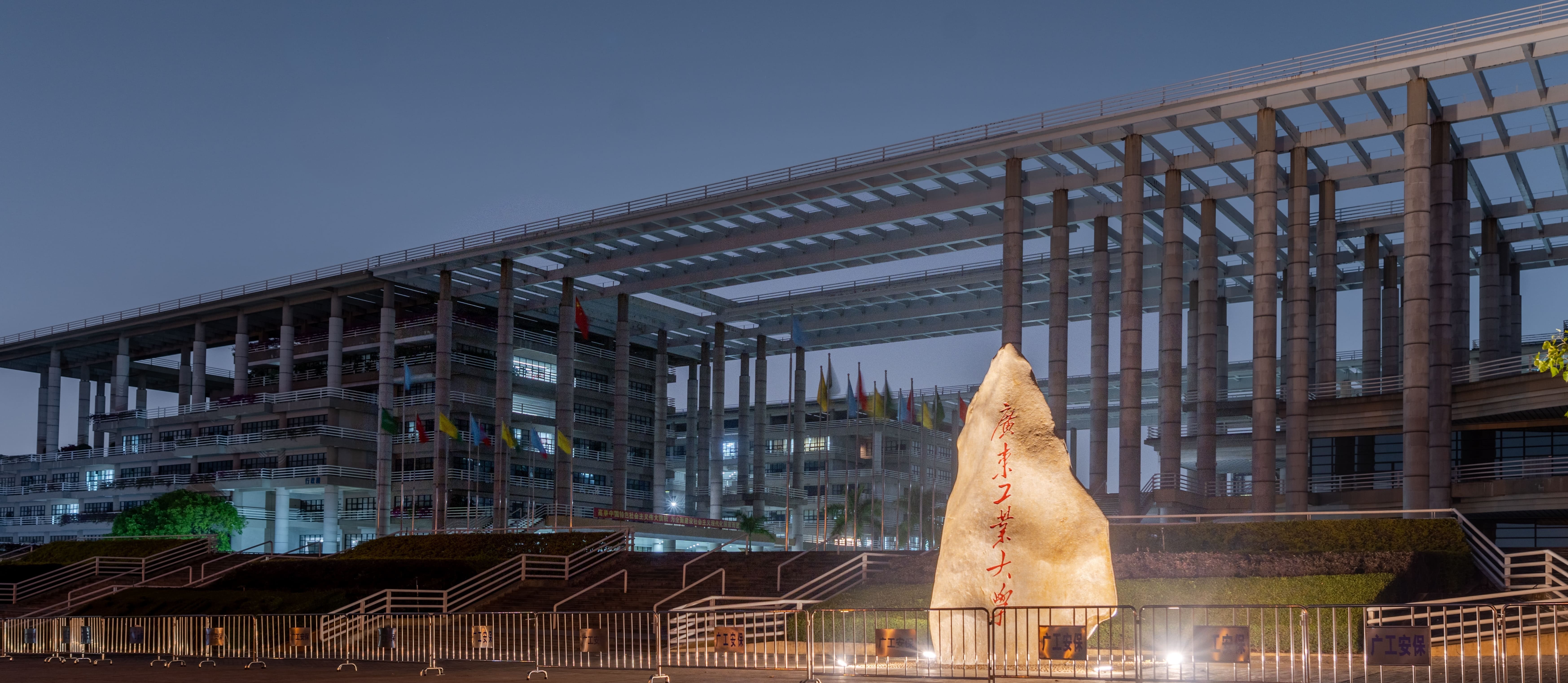Overview/History
The School of Physics and Optoelectronic Engineering (SPOE) traces its origins to the Department of Applied Physics, established in April 2000. It was renamed the School of Applied Physics in 2003 and adopted its current name in 2005. Undergraduate enrollment in Electronic Science and Technology began in autumn 2000. The master’s program in Materials Physics and Chemistry launched in 2001; master’s education in Physical Electronics and the undergraduate program in Optical (now Optoelectronic) Information Science and Technology started in 2004. In 2012 SPOE established an independent doctoral program in Materials Physics and Chemistry (second-level discipline). The Optical Information Science and Technology program was renamed Optoelectronic Information Science and Engineering in 2013. In 2020 the school commenced recruitment for professional master’s degrees in electronic information; in 2023 it launched an undergraduate program in Applied Physics; and in 2025 it started undergraduate enrollment in Quantum Information Science and a “2+2” Sino-UK cohort for Electronic Science and Technology.
The school currently hosts a doctoral program in Materials Physics and Chemistry, master’s programs in Electronic Science and Technology, Optical Engineering, and Materials Physics and Chemistry, and undergraduate programs in Electronic Science and Technology, Optoelectronic Information Science and Engineering, Applied Physics, and Quantum Information Science. The discipline of Physical Electronics was recognized in 2007 as a Provincial Key Supported Discipline by the Guangdong Provincial Government, and Electronic Science and Technology was selected in 2012 as a Provincial Key Discipline—Priority Discipline of Excellence. The discipline of Physics has entered the top 1% globally in ESI (Essential Science Indicators) rankings. The school hosts several key research and teaching platforms, including the Guangdong Provincial Key Laboratory of Sensing Physics and System Integration, the Guangdong Provincial Experimental Teaching Demonstration Center for Optoelectronic Technology, and the Guangdong Provincial Experimental Teaching Demonstration Center for Electronic Technology. SPOE serves as an Executive Member Unit of the Guangdong Physical Society and a Council Member Unit of the Guangdong Optical Society. Since its founding, the school has cultivated a large number of highly qualified professionals who have contributed significantly to the economic development of Guangdong Province.
Faculty
The school has built a strong and dynamic faculty team dedicated to excellence in teaching and research. Among its 91 full-time faculty members, there are 24 professors and 28 associate professors, with 57% holding senior professional titles. The school currently includes 4 national-level talents, 7 provincial-level talents, 7 Distinguished Professors under the university’s “Hundred Talents Program,” and 44 young scholars recruited under the “Youth Hundred Talents Program.” A total of 80 faculty members (90%) hold doctoral degrees, and there are 11 Ph.D. supervisors and 51 master’s supervisors. SPOE has achieved remarkable research outcomes in areas such as optical information, electronics, and materials physics and chemistry. In recent years, the school has undertaken over 160 research projects, including more than 50 funded by the National Natural Science Foundation of China (NSFC), with total research funding exceeding 90 million RMB. Faculty members have been granted over 300 national patents and have received numerous awards, including one First Prize of the Guangdong Provincial Natural Science and Technology Award and three provincial or municipal Science and Technology Progress Awards. Over 900 academic papers have been published, among which over 600 are indexed in SCI or EI, and more than 500 have appeared in international journals.
International Collaborations
The school actively promotes international collaboration through the policy of “bringing in and going out,” encouraging both faculty and students to engage globally, broaden their perspectives, and stay abreast of scientific frontiers. The school has hosted over 30 domestic and international experts and scholars for lectures and academic exchanges, while many faculty members have conducted research or collaborative activities in countries and regions such as the United States, Japan, South Korea, Singapore, Finland, Australia, Taiwan, and Hong Kong. In recent years, outstanding SPOE students have participated in exchange and study programs at prestigious institutions including the University of Nantes (France), National Kaohsiung University of Science and Technology (Taiwan), Curtin University (Australia), University of California, Riverside (USA), and Purdue University (USA).
Student Achievements
Over the past five years, SPOE students have achieved 165 national-level awards and over 600 provincial-level awards in innovation and technology competitions. Notable achievements include: First Prize in the China Robot Competition; Gold and Silver Awards in the Guangdong “Challenge Cup” competition; Silver Award in the “Internet+” Innovation and Entrepreneurship Competition; Continuous success in the National Electronic Design Competition, winning 5 First Prizes and 10 Second Prizes over five consecutive editions; 9 First Prizes and 5 Second Prizes in the Optoelectronic Design Competition; 2 First Prizes and 4 Second Prizes in the National Physics Experiment Competition since 2022; Consecutive First Prizes (2022–2025) in the RoboMaster Mecha Master Competition. These accomplishments reflect SPOE’s sustained excellence in fostering innovation and hands-on capability among our students.
Career Prospects
The school adheres to the educational philosophy of “solid foundation, broad scope, innovation-oriented, and employment-focused.” The school strives to cultivate students’ scientific literacy and creativity, aligning its programs with the industrial development needs of Guangdong Province to nurture high-level applied talents. Graduates are well received by employers, with an average employment rate of 95% over the past three years. More than 85% of graduates work in the Pearl River Delta region, primarily in Guangzhou, Shenzhen, Foshan, Dongguan, Huizhou, Zhuhai, and Zhongshan, and about 60% of them are employed in Guangzhou and Shenzhen. Major employers include Guangdong Power Grid Corporation, China Telecom Co., Ltd., Huawei Technologies Co., Ltd., Gree Electric Appliances, Inc. of Zhuhai, Samsung Communication Technology Research Co., Ltd. (Guangzhou), Midea Lighting and Electrical Manufacturing Co., Ltd., Guangdong Institute of Telecommunication Planning and Design Co., Ltd., and China Mobile Communications Group Guangdong Co., Ltd.

